The Importance of Getting a New Construction Home Inspection
If you’re buying a new construction home, you might assume that a home inspection isn’t necessary. After all, you had the house built from scratch and customized to your exact needs! Wouldn’t a home inspection waste your time and money?
That depends on how you look at it: For many, a home inspection can provide valuable insights into their property’s construction, as well as the chance to prevent costly repairs on the home later on down the line – after all, new houses aren’t without flaws. For others, a new home inspection may seem like just an extra cost added to an already very expensive house.
What Is a Home Inspection?
A home inspection is a third-party evaluation of a home’s structure, systems, appliances, and other important features. The inspector will evaluate your property, give you a report on all their findings, and you can then go to the seller (in this case the builder) to fix any desired issues before you close on the home.
In a nutshell, inspections can help ensure you’re getting a safe and hazard-free property, that you’re making a good investment, and that you won’t have tons of repairs to make before move-in (or worse, right after it).
Though home inspections are optional, most homeowners get them—often at their real estate agent’s recommendation.
Common Issues Found in New Homes
Though it would seem that new homes should be relatively error-free, according to many inspectors, they often have underlying issues at work.
6 common issues found during new construction home inspections include:
- Structural defects, like foundation cracks, improper grading, and poor framing
- Drainage and grading issues, which could cause water and structural damage later on
- Window leaks
- HVAC issues, including malfunctioning thermostats and loose connections
- Electrical problems, such as improperly wired outlets, open grounds, and missing switch plates
- Plumbing issues, including reversed hot/cold in faucets, improper piping, leaks, and more
Inspectors say they also often find incomplete projects. This could include insufficient insulation, half-installed handrails or fixtures, or missing pieces of hardware.
How Many Inspections Do You Need?
With a new construction home, it’s wise to have two or three inspections of the property:
The first inspection is called a foundation or “pre-pour” inspection and occurs just before the foundation is poured on the home. This one ensures the site has been excavated and graded properly, that anchors and footing are adequately spaced and in place, and that the stage is set for a strong and long-lasting home. In the event the inspector finds issues on this go-around, it allows the builder to make adjustments before pouring the foundation (when there’s generally no going back).
The second inspection you might consider is a framing or “pre-drywall/sheetrock” inspection. This one happens after the entire frame has been built, the roof is on and the windows are installed, but before the sheetrock and walls are put up. It allows the inspector to make sure the beams, posts, studs, and other structural components are installed properly, as well as check things like the wiring, plumbing, window flashing, and other elements that are generally hidden behind the walls. If any problems come up, your builder can repair them after the inspection and before going further with the project.
The third and final inspection is the one you would have on any resale property – the one that ensures the home is safe for occupancy and has been finished per local code and building standards. Anything your inspector finds on this inspection should be remedied by your builder before closing.
What New Home Inspectors Look For
Home inspectors look at a wide variety of features in each stage of their inspections. They will also take into account local building code, which varies by municipality. Though this is not an exhaustive list, these are some of the items most inspectors will examine when evaluating a newly built home:
Pre-Pour Inspection
- Drain, waste, and vent lines
- Water lines
- Plumbing and piping
- Trenches and soil
- Elevation, drainage, and grading
Framing & MEP Inspection
- Beams, bearings, and other framing items
- Nails, screws, studs, and plates
- Stairwells
- Fire blocking and draft stopping
- Leaks, water intrusion, and mold risks
- Plumbing and wiring
- HVAC and ducting
Final Inspection
- Roof, chimney, and gutters
- Doors and windows
- Exterior items, like walkways, driveways, sheds, decks, patios, and garages
- Foundation, basements, and crawlspaces
- HVAC systems, including the thermostat
- Plumbing, toilets, sinks, and sump pumps
- Electrical conductors, circuit breakers, meters, and electrical panelboards
- Attic, insulation, and ventilation
- Appliances, such as dishwashers, disposals, ovens, microwaves, and sprinkler systems
New home buyers can certainly skip the home inspection stage, as can any other homebuyer. The risk in this is that unknown issues with the home could crop up after move-in, when it’s too late for the builder to fix it (and pay for it).
If you do skip a home inspection on your new property, make sure your builder has a warranty in place. This can protect you in the event something goes wrong after you’ve closed. These warranties usually last about a year.
The Bottom Line
New construction home inspections allow you to be proactive about your home purchase. On a resale property, you can only inspect the home after the fact – meaning all you can do is repair issues or cover them up. With a well-timed inspection in your construction process, your builder can actually get to the root of the problem and remedy it entirely before the build goes further.
Remember, don’t judge a book by its cover. Just because a new home may look flawless to the naked eye doesn’t mean it’s perfect below the surface. Calling in a qualified home inspector can ensure you’re making the best decision for your family and your finances.
Me and my team at LAB Home Inspections hope you really enjoyed this article!
If you have specific questions about your home, or would like to schedule a home inspection, please contact Darren directly:
Darren Dawson, Certified Master Inspector (CMI)®
Myrtle Beach, SC
(352) 665- 9900

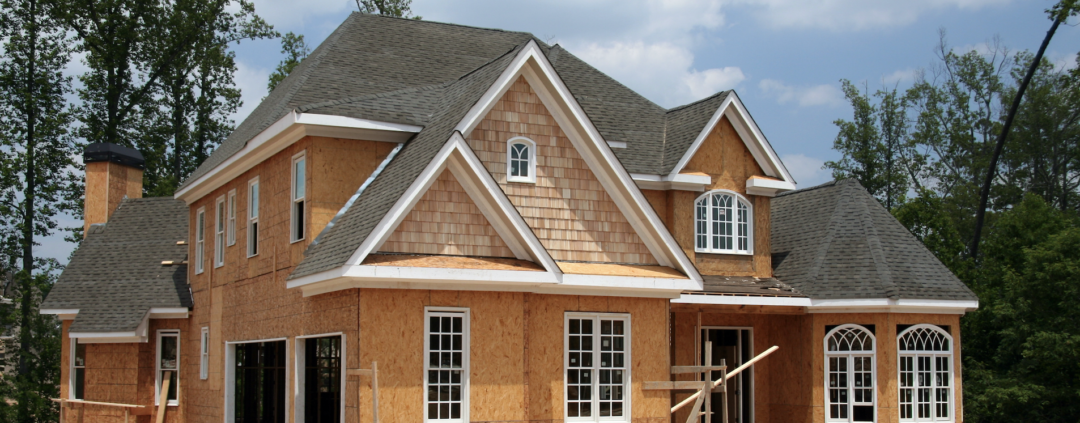
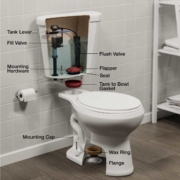
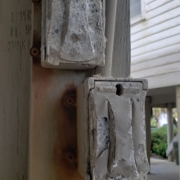


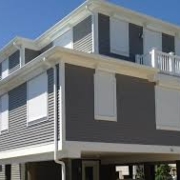
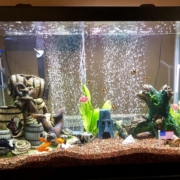
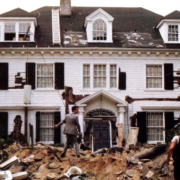
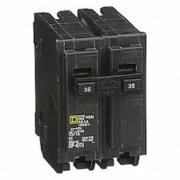


Leave a Reply
Want to join the discussion?Feel free to contribute!